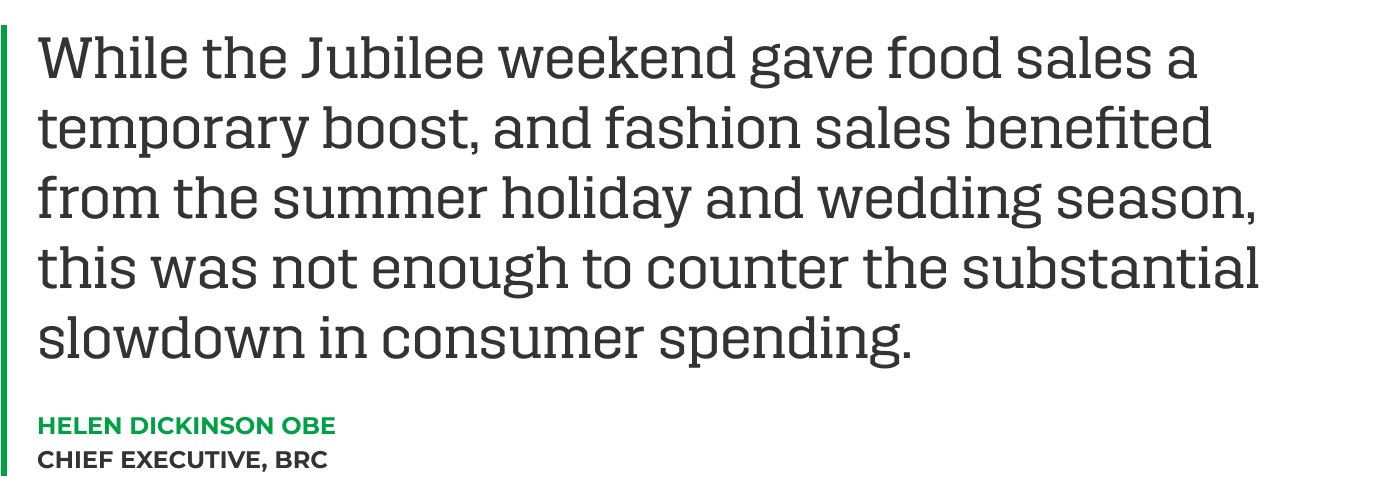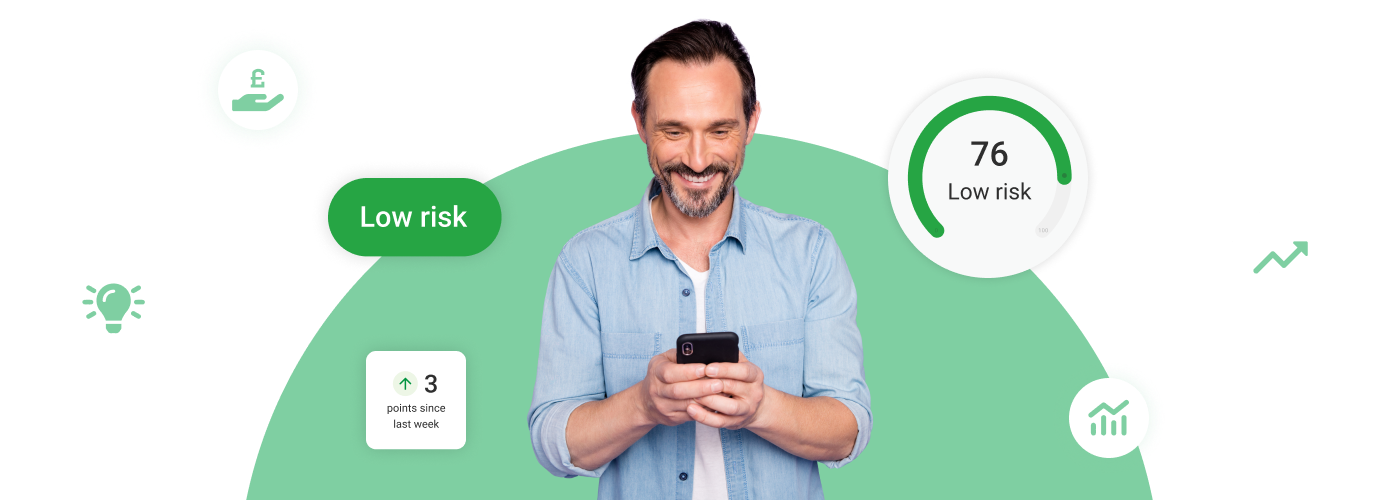The Bank of England also announced that levels of consumer borrowing were up by £0.8 million in May 2022, with overdrafts a more popular choice than loans. This snap borrowing is possibly due to a drop in disposable income.
If your business relies on consumer spend then you’re likely worried about what the future holds. Understanding what’s going on is the first step to best preparing your business.
So, what does this mean for you?
What does rising inflation mean for your business?
The impact of rising inflation, higher cost of living and reduced consumer spending differs from business to business, and industry to industry.
Changes in consumer borrowing and savings are often referred to as leading indicators. This means that the impact will be felt at different times depending on the business, but inevitably in time it will affect everyone up and down the supply chain.
For example, if you’re a B2B company you may not be feeling an impact on demand yet. Unlike B2C companies who will most likely feel a strain already.
Let’s take a closer look:
-
As a restaurant who deals with consumers everyday, you may see a drop in visitors and demand today.
-
As a wholesaler who delivers supplies to the restaurant, you may feel an impact in the next couple of months, as the restaurant reduces their stock requirements and orders.
-
Lastly, as the supplier, producer or farmer who works with the wholesaler, you may start to feel the true impact in 6 months.
How can you plan ahead?
It’s important to understand how and when your business may be impacted by consumer trends as well as other economic changes. Then you can use this insight to plan ahead and combat risks to your bottomline, profit and efficiency.
Here are some tips:
1. Look at the current situation and the future
Look at both the shorter term and the longer term impacts of consumer trends on your business.
In the short term: Find out where demand is currently impacted, or may be impacted and make adjustments quickly.
In the longer term: Move away from reactive mode and get proactive by looking at your potential vulnerability to threats in the next 6 to12 months. Use this to negotiate prices early or reduce costs to mitigate risks.
Check out Capitalise for Business to get FREE access to the platform that helps you identify financial risks and opportunities. All in one place.
2. Work with your accountant
Looking ahead comes hand-in-hand with business planning. When you’re actively keeping an eye on industry trends and risks, it can help you build out new models which ensure that your business is adaptable to change.
Lean on your accountant to help you plan ahead and cast projections that help you feel at ease, no matter what the industry throws at you. This support can give you guidance when the less expected occurs.
3. Improve your control
In changing markets, having a 360 degree view of your finances, business performance and cashflow is key! This will help you keep your ear close to the ground and enable you to react quickly.
Key areas include:
-
Keeping your business credit score healthy
-
Keeping an eye on the companies you work with
-
Monitoring risks and opportunities heading your way
With Capitalise, you have the tools to do this. Quicker, more efficiently and all in one place.
With Capitalise for Business, you can get insight into your full credit profile. Including payment performance, credit risk factors and alerts when anything changes. You’ll also be able to reduce risk by checking your customers’, suppliers’ and competitors’ credit scores.



